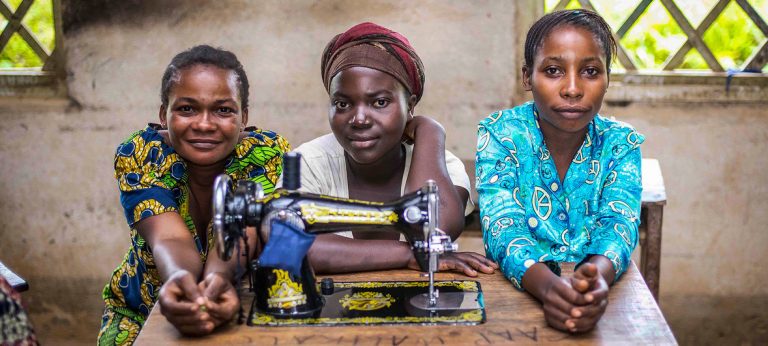
Extraordinary economic growth and widespread improvements in well-being have failed to close the deep divides across countries and within societies.
More than 70 per cent of the world population now live in countries where income inequality has increased in the last three decades. Inequalities between social groups, including those based on age, gender, race, ethnicity, migrant status and disability, are pervasive in developed and developing countries alike.
UN DESA has been calling attention to inequality and its consequences for many years. Fifteen years ago, DESA warned that growing inequality could jeopardize the achievement of the internationally agreed development goals. In 2013, DESA argued that addressing inequalities is not only a moral imperative but also necessary in order to unleash the human and productive potential of each country’s population and to bring development towards a socially-sustainable path.
Inequality has since moved to the forefront of the policy debate. “Leave no one behind” is the rallying cry of the 2030 Agenda for Sustainable Development. And reducing inequality within and among countries is Goal 10 of the Sustainable Development Goals (SDGs).
If the vision of a shared future is to be carried forward, everyone will have to seize every opportunity to take bold and decisive action to reduce inequality.
 Welcome to the United Nations
Welcome to the United Nations
